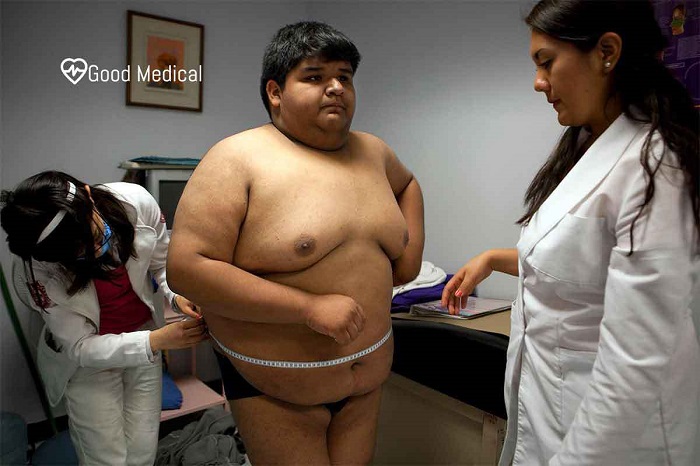Childhood Obesity – Dealing With an Overweight Child

Obesity has become a serious problem among the youth of today. In the USA – 1 child out of every 3 is facing obesity, which is known to lead to Type 2 diabetes. Although it is still an uncommon disease among children, there has been an alarming increase in the number of cases reported since 2002. This disease is very severe in children: it progresses more rapidly than in adults and is harder to treat. Children become immune to the insulin treatment. Health care professionals are unsure why this disease is so hard to control in children and teens, but they are attributing this to their rapid growth and intestinal hormonal changes at puberty. Diabetes is not the only serious condition – obese children are also struggling with heart disease and high blood pressure – which could be avoidable through a healthy diet and normal exercise.
In addition to these severe diseases – many overweight children suffer from weakened joints, sleep apnea (which makes them drowsy in class) and even bladder control issues since the excess belly fat pushes on their bladder. They need to leave class frequently to use the bathroom, which leads to more ridicule and missed class time.
As if these physical aspects of living with obesity were not enough, children face another challenge, the emotional toll. Bullying is a very common problem for obese kids, which in turn affects their learning – which is evident by the standardized tests showing that children who are obese score much lower. It lowers their self esteem and most likely creates psychological problems beyond the physical ones. As you can imagine, it's a fast spiral downwards for any child who is dealing with obesity.
It's quite obvious, we need to get this problem under control because it is quickly becoming an epidemic. This responsibility lies on the shoulders of the care giving adults in the lives of this at risk kids. Healthy eating habits need to be mandatory and should be practiced as well as preached. There are many resources available now to families with the internet at everyone's finger tips.
First, it is important not to constantly talk about your child's weight. Instead, offer positive ideas to help them get on track. Do not talk about your own diet plan and weight. Get the whole family involved and be positive and supportive. Start eating right yourself and be an example to your child. Plan family events that require physical activities: take walks together, ride bikes, play catch, walk your dog – make it a routine.
Story Credit: https://good-medical.com/childhood-obesity-dealing-with-an-overweight-kid/


